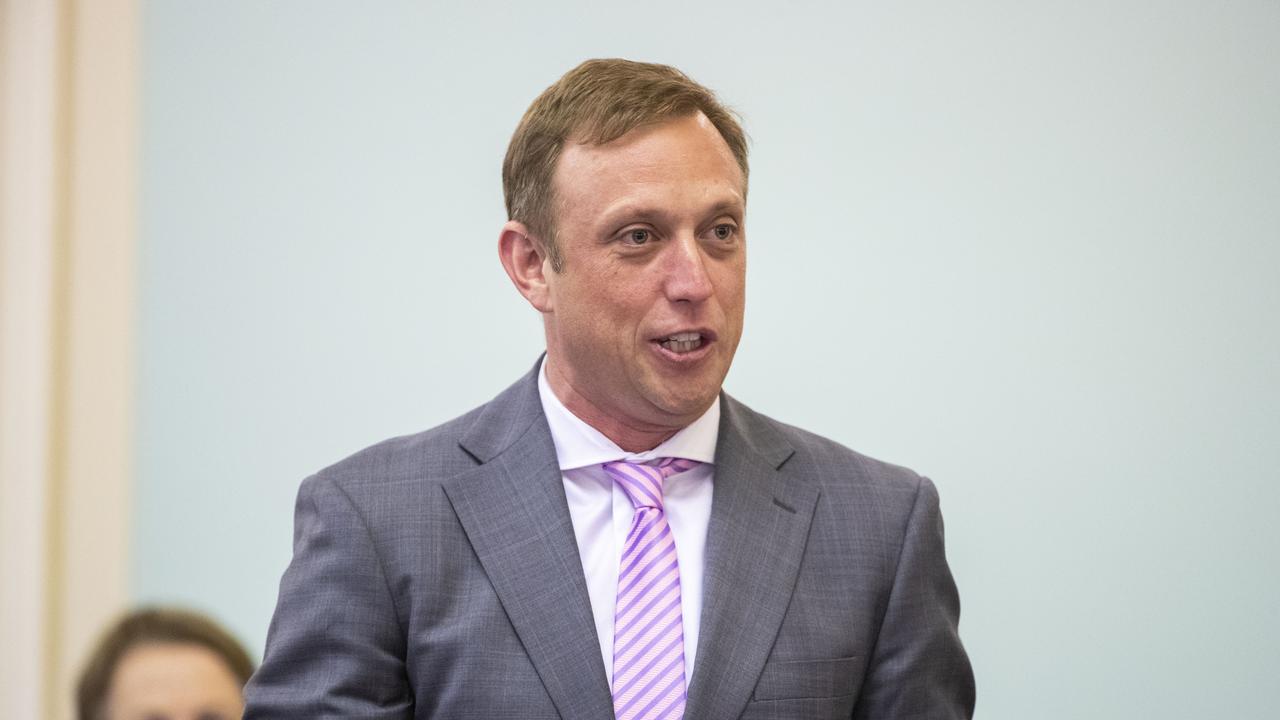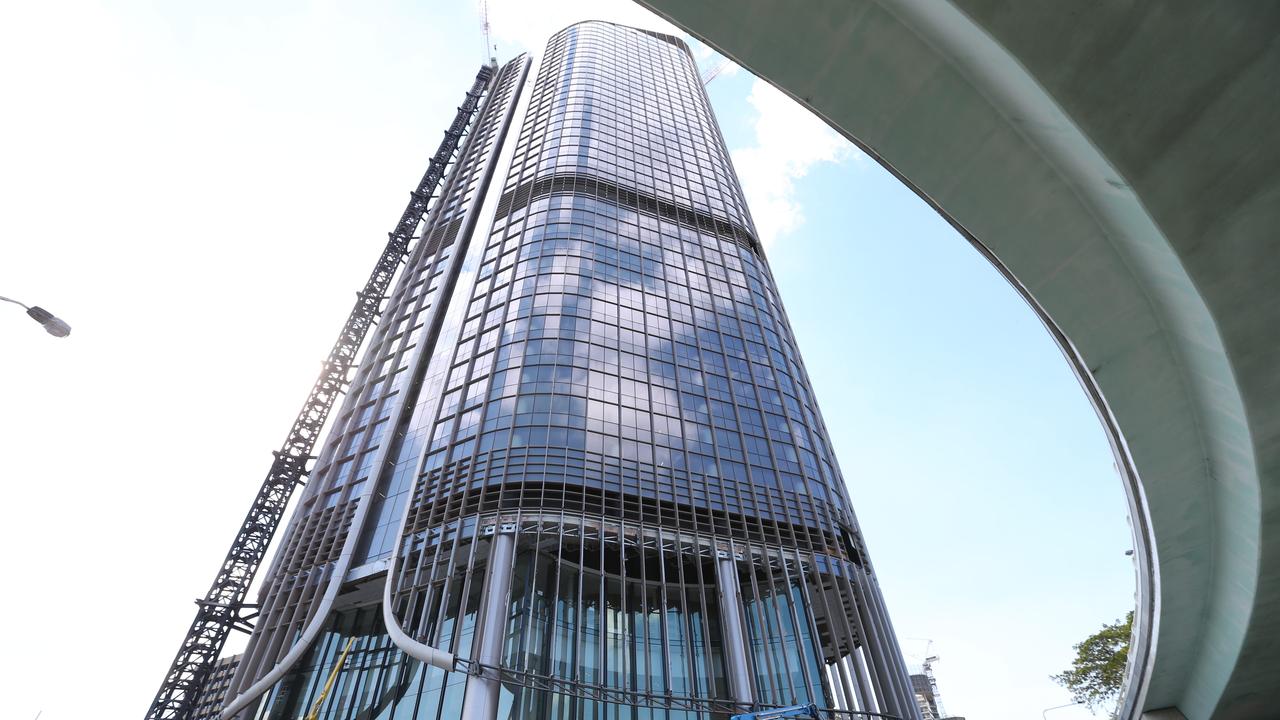Queensland politics: Newman government could still be in power today if there was an Upper House, says former MP
A FORMER Newman government MP says they would still be in power today if there had been one crucial element present in the lead-up to the 2015 election.
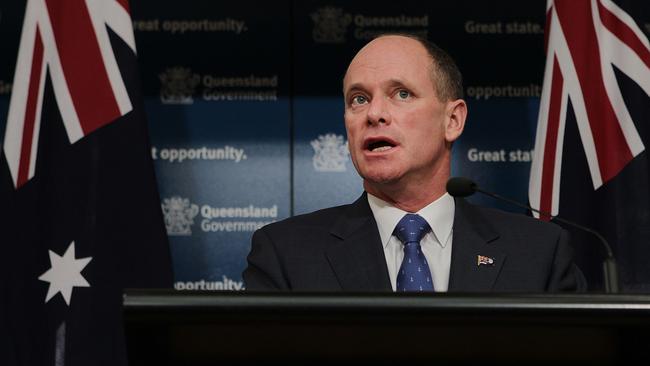
QLD Politics
Don't miss out on the headlines from QLD Politics. Followed categories will be added to My News.
A FORMER Newman government MP has argued an upper house in Queensland could have saved the ousted administration from itself.
Seath Holswich, the one-time Pine Rivers MP who quit the LNP last year to join Family First, believes the Newman government may still be in power if an Upper House had been in place to curb its excesses.
“There were many times the Newman Government declared legislation urgent and used its majority to bypass the parliamentary committee process,’’ Mr Holswich said.
“This could not have happened if there had been an Upper House.
“There were many times the Newman Government passed legislation that needed the rough edges taken off it before it was passed – anti-bikie/VLAD legislation being the most well-known example.
“Negotiating its passage through an Upper House may have achieved this, without weakening its effectiveness.”
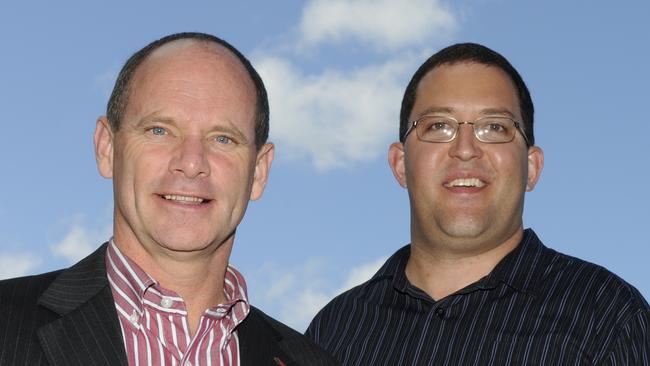
In an opinion article, Mr Holswich said Queensland should only lengthen parliamentary terms to four years if it came with the reinstatement of an upper house.
“Queensland’s unicameral Parliament gives virtually unchecked power to Queensland’s Government,” he said.
“It would be unwise to give that power to either major party for an extra year at a time. Our Government needs the checks and balances only an Upper House can give.”
Queenslanders will vote on March 19 whether to lengthen the state’s parliamentary terms to four years under legislation introduced by the LNP.
The state’s upper house was abolished in 1922.
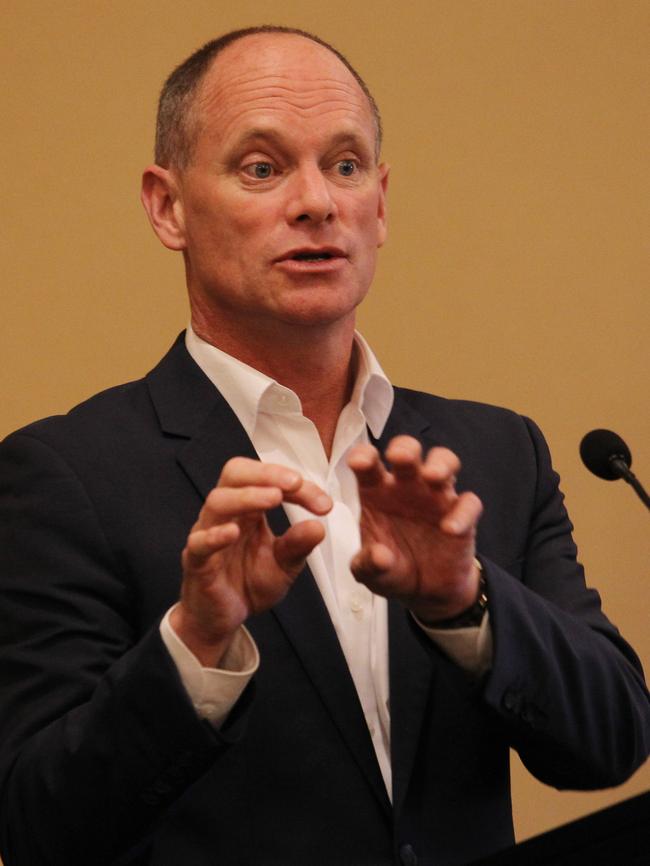
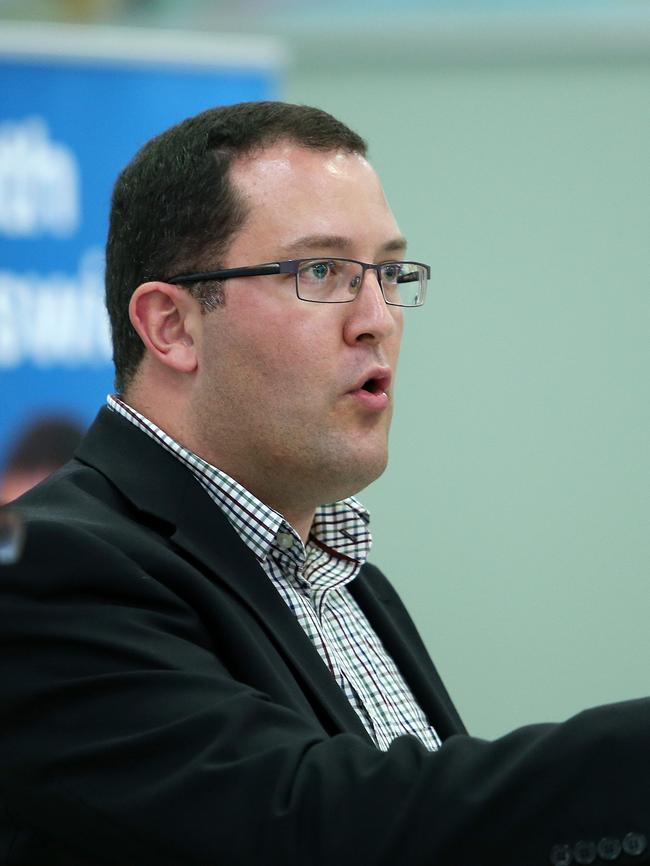
OPINION PIECE BY FORMER PINE RIVERS MP SEATH HOLSWICH
The Newman Government would not have lost the 2015 election if Queensland’s Parliament had an Upper House.
The Newman Government, by general consensus of most commentators, had an air of arrogance about it. The then-Labor opposition often trumpeted the slightly deceptive mantra that the Newman Government was using its ‘massive majority’ to railroad legislation through the Parliament. The truth is that a Government only needs a majority of one in the Queensland Parliament to have almost untouchable power for its three year tenure.
A fourth year probably wouldn’t have saved the Newman Government. Unfortunate mistakes were made, decisions and policies were often poorly explained, unnecessary fights were picked – even in the year leading into the election.
But an Upper House could easily have saved the Newman Government.
In recent years we have seen the crossbench of the Federal Senate holding the balance of power. The major parties often view this as obstructionist to their agenda. Federal Coalition Minister Christopher Pyne went so far as to say earlier this year that voters should choose Labor over independents or minor parties.
However it is exactly this Upper House composition that could have saved the Newman Government. When the government does not hold the balance of power in an Upper House it is forced to negotiate. Rough edges are smoothed, compromises are made and otherwise controversial and unpalatable legislation can be passed in a form that may even end up more effective than the original bill.
There were many times the Newman Government declared legislation urgent and used its majority to bypass the Parliamentary Committee process. This could not have happened if there had been an Upper House. There were many times the Newman Government passed legislation that needed the rough edges taken off it before it was passed – anti-bikie/VLAD legislation being the most well-known example. Negotiating its passage through an Upper House may have achieved this, without weakening its effectiveness.
In short, an Upper House would have smoothed the rough edges of legislation, required a level of negotiation, compromise and patience that simply weren’t necessary during their term and would have resulted in a more effective, and probably popular, Newman Government.
In a little over a month Queenslanders will go to the ballot box to decide whether our State Parliamentarians should be granted four year fixed terms. Having a debate and vote on four year terms before there has been a debate on restoring Queensland’s Upper House is a classic example of putting the cart before the horse.
Queensland’s unicameral Parliament gives virtually unchecked power to Queensland’s Government. It would be unwise to give that power to either major party for an extra year at a time. Our Government needs the checks and balances only an Upper House can give.
In debating the bill for four-year terms, Premier Palaszczuk said “the introduction of fixed four-year terms will bring Queensland into line with the majority of other Australian jurisdictions.”
The challenge for Premier Palaszczuk, if she is truly committed to ensuring Queensland is in line with the rest of Australia, is to commit to the reintroduction of the Upper House. Is our Premier up for the challenge of ending Queensland’s lone stand as the only State without this level of accountability for their government?
It is my view, and Family First Queensland’s view, that reinstating Queensland’s Upper House will bring Queensland into line with the accountability seen in all other Australian states.
This needs to be the first step before we consider moving to four year terms.
I encourage Queensland voters on March 19 to vote no to four year terms, whilst Queensland remains without an Upper House. Once our Upper House is restored, then and only then, should we consider four year terms.

